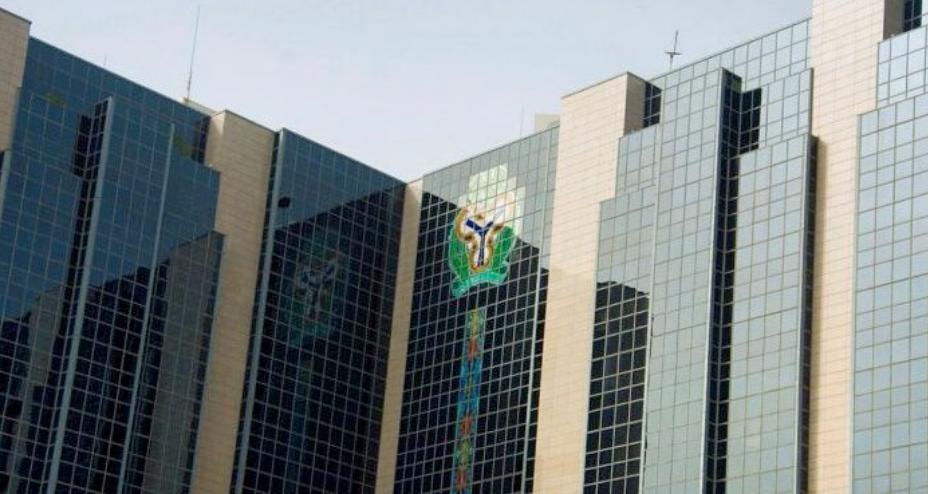
Recapitalization is an important measure often taken by financial regulators to enhance the financial strength of banks by raising additional capital, thus ensuring the stability and health of the financial system. In Nigeria, the Central Bank of Nigeria (CBN) has played a crucial role in maintaining financial stability. To ensure the sound functioning of the country's financial system, the Central Bank of Nigeria regularly introduces recapitalization policies to enhance the resilience and risk tolerance of banks.
First, as part of its financial reforms, the Central Bank of Nigeria, in partnership with the Development Bank of Nigeria and other industrial banks, officially launched a financing program specifically designed for women entrepreneurs. The central goal of this initiative is to improve women's access to financial resources and increase their participation in the economy, thereby contributing to the development of the national economy. The Women Entrepreneurs Finance Program not only provides more financing opportunities for women entrepreneurs, but also reduces the gender gap to some extent and promotes inclusive economic growth. In addition, the central bank has implemented several regional interventions designed to meet the unique needs of different groups. These include financial support programs that specifically target youth groups, as well as measures that specifically address financial exclusion in northern Nigeria.
Second, the central bank also launched the Financial Inclusion Dashboard and the Financial Inclusion Roadmap for forcibly displaced persons. These innovative policies are in response to the fact that 26% of Nigeria's adult population still does not have access to formal financial services. By raising capital requirements for banks, financial institutions can provide more support to those who have long been in the financial services blind spot, especially micro, small and medium-sized enterprises. The policy discussion, themed "Inclusive Growth: Driving Economic Development through Financial Inclusion", brought together a wide range of stakeholders to discuss the role of financial inclusion in driving national economic development.
In addition, the Central Bank of Nigeria has taken a number of measures to stabilize the economy, control inflation and boost public confidence. The central bank reiterated that financial inclusion is one of Nigeria's core strategies to achieve its goal of a $1 trillion economy. The core of financial inclusion policies is to help more vulnerable groups, especially women, youth and micro, small and medium-sized enterprises, overcome the barriers they face in accessing financial services. Greater financial inclusion is not only a measure of social equity, but also a necessary condition for sustainable economic growth. In response, the central bank introduced new minimum capital requirements for banks. The strategy aims to ensure that banks have sufficient capital bases to take on more risk, particularly in underserved markets. By strengthening the capital strength of banks, financial institutions can provide more loans and financial products to groups that have long been neglected, including micro, small and medium-sized enterprises, rural communities, and others with limited access to formal financial services. This has not only enhanced the stability of the financial system, but also become an important driving force for inclusive economic growth.
Finally, with the increase in bank capital, the financial strength of financial institutions has been enhanced, which has allowed them to invest in technological innovation, especially in promoting mobile payments, correspondent banking and digital financial services. These innovations are key to breaking down geographic and economic barriers, extending financial services to remote areas and improving access to financial services in areas not covered by traditional banking services. Women, in particular, have played a pivotal role in promoting financial inclusion. By launching programs such as the Women Entrepreneurs Finance Initiative (We-Fi), banks have further improved women's access to financial services. Research shows that when women have access to economic resources, they not only improve their own quality of life, but they also return those resources to their families and communities, creating broader socioeconomic benefits. However, women's participation in the formal financial system in Nigeria remains low, and effective measures are urgently needed to enhance their financial inclusion.
In summary, recapitalization and financial inclusion policies are key factors in promoting sustainable economic development in Nigeria. By improving the capital structure of the banks and improving the level of service to the disadvantaged, Nigeria is expected to achieve broader economic inclusion, which will contribute to the overall well-being of the society.

The U.S. third-quarter GDP growth rate, strikingly highlighted at 4.3%, not only surpassed market expectations but also earned the label of "the fastest in two years."
The U.S. third-quarter GDP growth rate, strikingly highligh…
Recently, US personnel intercepted a "Century" super oil ta…
According to Xinhua News Agency, the subtle changes in the …
The rapid development of artificial intelligence has brough…
In December 2025, Taiwan's political scene was shaken by a …
When Apple appears for the Nth time on the list of penaltie…